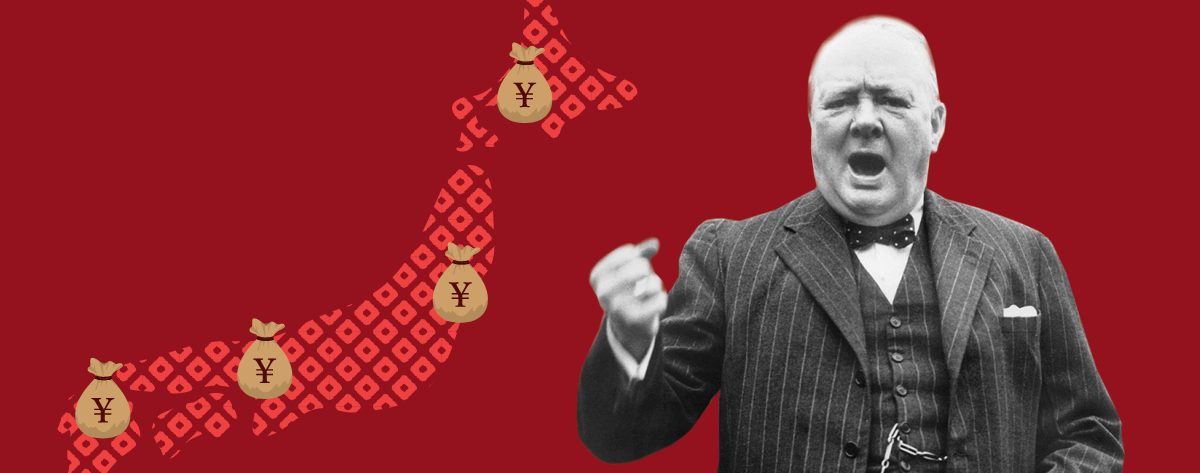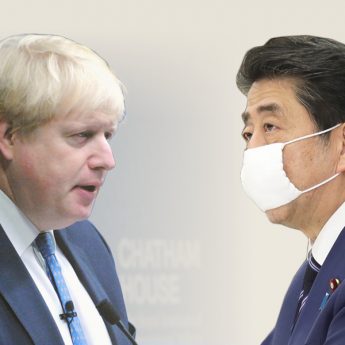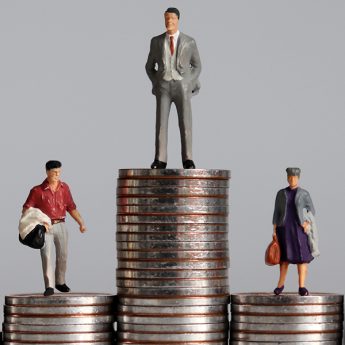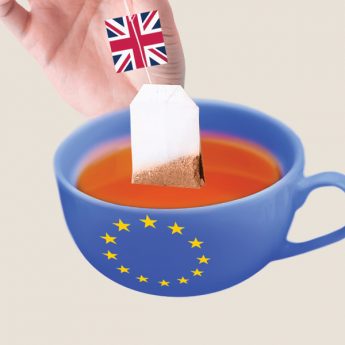Winston Churchill said, “There is no such thing as a good tax”. So why do people pay taxes? I am trying to write a book on this subject. The book was supposed to go out before Japan’s consumption tax increase kicked in this month—rising from eight to 10% on 1 October—but is yet to be completed. And my editor has gone strangely silent, which speaks volumes in tones more oppressive than his reminders.
I must say, I am learning a lot about what people think of taxes as I chase after my long-past deadline. Churchill also said, “We contend that for a nation to try to tax itself into prosperity is like a man standing in a bucket and trying to lift himself up by the handle”. But one of my foremost favourite quotes on the subject comes from science fiction grandmaster Robert A. Heinlein: “Be wary of strong drink. It can make you shoot at tax collectors … and miss”.
Heinlein’s resentment of taxes is very eloquently displayed. Yet, it is not quite clear what his thoughts are on the issue of why people pay taxes at all. He needs alcoholic support to stir up the courage to shoot at tax collectors. This seems to indicate that the moral obligation to pay taxes lurks somewhere in the author’s consciousness and conscience. But why?
What are taxes?
Two prominent celebrities have given us very precise views on the subject. Former US President Franklin D. Roosevelt said, “Taxes are the dues that we pay for the privileges of membership in an organised society”. And Snoopy said: “Dear IRS, I am writing to you to cancel my subscription. Please remove my name from your mailing list”.
They both regard taxes as a membership fee. You have to make regular payments if you want to stay in the club. Your subscriptions entitle you to enjoy the services on offer to members. You can always opt out if you feel those services do not give you satisfaction.
It takes courage to speak out against two such august figures. Yet, I have to say, they are both wrong. Taxes are not payments you make to earn a place in the nation state club. They do not entitle you to enjoy special treatment. You do not pay taxes for personal gain—at least not your own personal gain. In fact, you do not pay taxes in the interest of yourself at all. You pay taxes for other people. You pay taxes so that those who cannot pay them can avail of public services just as much as taxpayers are able to.
Why pay?
If taxes are membership fees, people who cannot pay up are automatically excluded from the club. That is barbaric. People are people, and they deserve humane treatment regardless of whether they have the wherewithal to contribute to the nation’s coffers. If anything, it is the people who cannot pay taxes that need all the more to depend on public services.
We pay taxes so that people who cannot aren’t shut off from those privileges of an organised society to which Roosevelt refers. We cannot ask the IRS to take us off their mailing list just because we feel the subscription is not worth it. Our subscriptions exist for the benefit of other people, not ourselves. It could be that, by taking ourselves off the mailing list, we deprive people of the benefits they sorely need to live decent lives. That cannot be allowed to happen.
Paying taxes ought, in essence, to be an act of unrequited love. We pay taxes in the hope that people who cannot do so can enjoy the benefits of social welfare.
Hometown tax
To pay taxes is not to go shopping. Yet a remarkably misconceived form of taxation has been in existence in Japan for some time, and it makes people think precisely that. It is called furusato-nozei (hometown tax system). It is a system through which people can choose which local community they designate as their “hometown”. It can be your actual birthplace. It can be somewhere you have never been and know nothing about. If you donate a given amount to that self-declared hometown, the amount is deductible from your national and local tax liabilities.
Crucial to this whole setup is the idea of the henrei-hin (thank you gift). Local communities try to get people to appoint them as their hometowns by offering luscious presents. Local foods, electrical appliances, wines, invitations to local events, what have you. Competition is intense. Local governments post thank-you gift catalogues on their websites from which people can choose which goodies they want to be thanked with. So much money is being spent on procuring the gift material that one wonders what point there is in inviting people to make donations in the first place. This is patently ridiculous. Al Capone is on record as saying: “They can’t collect legal taxes from illegal money”. One wonders what a local community would do if a yakuza don appoints it his adopted hometown.







